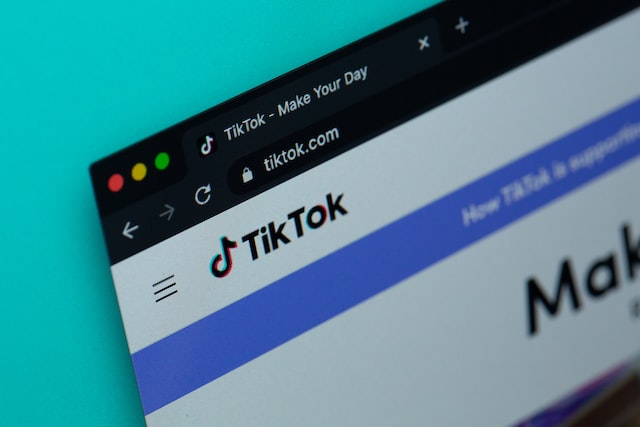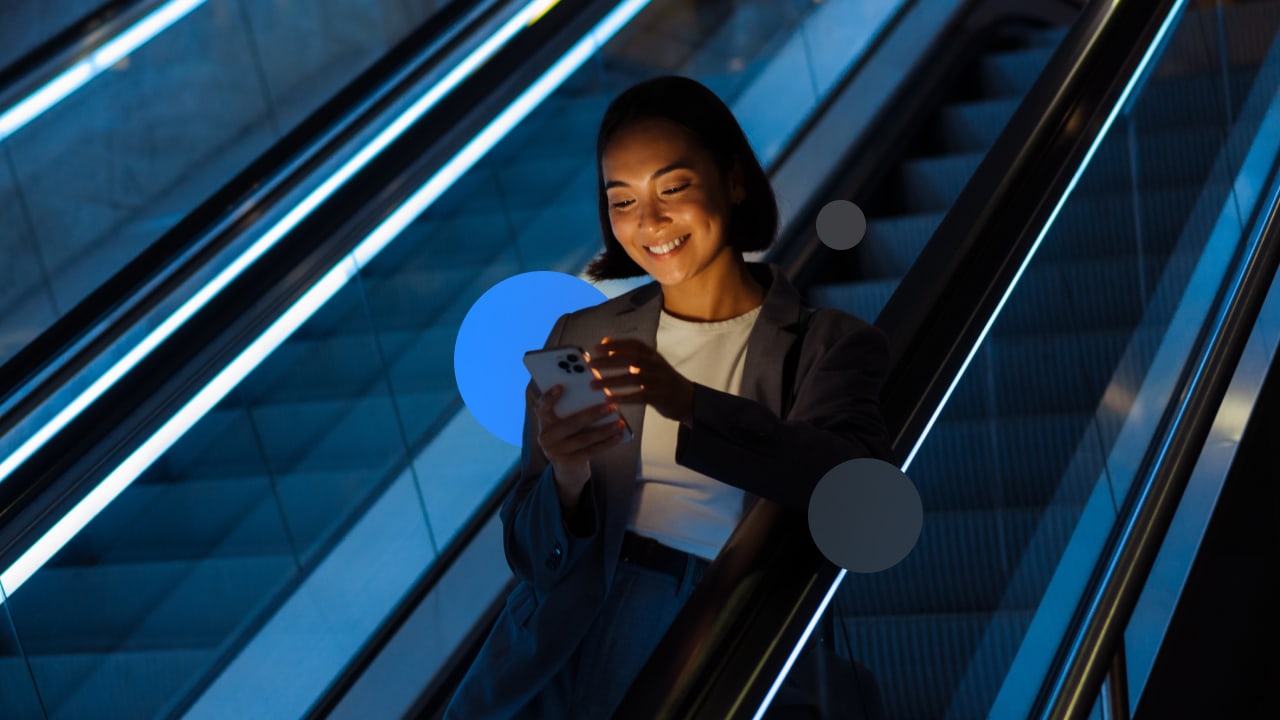How to protect your social media accounts
Companies and individuals use social networks today to generate new revenue or to sell their services and products, much more than just to communicate with other people or to post likes and dislikes.
However, few people know how to secure the social network they use and when they are attacked they lose control of the account, finding themselves in big trouble to regain that control.
Let's learn about a few tips to be prepared in case we become victims of a cyber-attack on our social network accounts.
As it is difficult to tackle all social networks, we will take some of the most common in the world and give the most generic advice possible.
Understanding what is on offer
All social networks work every day to ensure the identification and authentication of their users, providing multiple ways to authenticate and mechanisms to guarantee the user's identity. However, most users only implement a password and are unaware of what the network offers to ensure its recovery in case of loss.
In the case of Facebook, there is a page where they provide advice on how to set up security, but it is divided into three fundamental steps.
These steps allow you to set up the minimum access control that any user should have, but in addition to this it is necessary to know what is requested in case you lose control of your account. In the specific case of Facebook, the system asks you to validate your information with a series of photos, including one of your ID card or passport.
This is done for identity validation, which also compares the names on the social network with those registered on the document and may be requested by the social network, simply to validate an identity check.
Considering the above, it is vital to have names and images that are useful to the network for recovery, in the case of an account theft, no matter what changes have been made by criminals, this allows Facebook to confirm the identity in the historical records.
This same procedure is valid for almost all other social networks, such as Instagram, Youtube, LinkedIn and Twitter. However, it does not work for TikTok, where it is not even possible to set up two-factor authentication.
 Photo: Solen Feyissa / Unsplash
Photo: Solen Feyissa / Unsplash
TikTok has become one of the most used platforms by companies, entrepreneurs and individuals, but little has been done to analyse the security provided by this platform, where the only configurable parameter is whether the account is private or not.
In case of forgetting the password or a change in it, the phone number is requested and a 6-digit pin is sent, but there is no procedure in case of losing control of it, only a procedure is indicated to recover it in case it is deleted and it only works after 30 days of deletion.
Knowing who discloses your data
Another big problem of the networks is that we end up flooded with advertising in our emails or with several emails to manage advertising networks, for this public email systems can help us with a relatively simple trick.
The trick consists of adding the social network to the username of our email, without this implying that we should have an email address for each account. So, if the account with which you registered on Instagram is yourusername@gmail.com, then change it to yourusername+instagram@gmail.com, with outlook.com or hotmail.com accounts it also works.
This change will allow advertising or data sent from these platforms to reach your email with this ID and you can have evidence of who disclosed your data.
Additionally, many of the attacks of session theft are carried out by automated systems, which take the databases of information leaks and initiate processes to break passwords, but this "new" email is not valid to open the social network.
Conclusion
Remember that it is always better to be safe than sorry and that criminals are constantly looking for weaknesses to hijack social media accounts, especially now that they have become a popular buying and selling channel for people.
Understanding the controls and protections they provide and knowing what to do in the event of an incident is vital to ensuring the security of your information and your environment.
 Hybrid Cloud
Hybrid Cloud Cyber Security & NaaS
Cyber Security & NaaS AI & Data
AI & Data IoT & Connectivity
IoT & Connectivity Business Applications
Business Applications Intelligent Workplace
Intelligent Workplace Consulting & Professional Services
Consulting & Professional Services Small Medium Enterprise
Small Medium Enterprise Health and Social Care
Health and Social Care Industry
Industry Retail
Retail Tourism and Leisure
Tourism and Leisure Transport & Logistics
Transport & Logistics Energy & Utilities
Energy & Utilities Banking and Finance
Banking and Finance Smart Cities
Smart Cities Public Sector
Public Sector




